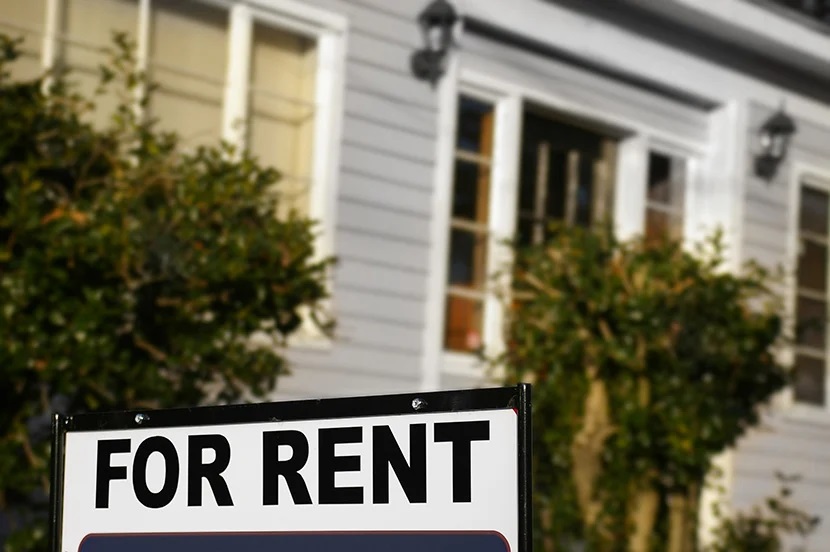
Cash-Out Refinance: The Simple Math Behind a HELOC
Cash-Out Refinance: The Simple Math Behind a HELOC
BiggerPockets guys and gals, let’s talk about cash-out refinancing. Back by popular demand!
We’re going to talk a little bit about the pros and cons, the mechanics, what a refinance is, what a cash-out refinance is. Let’s get to it.
OK, the cash-out refinance. Now, we did a video before, discussing a little bit about the cash-out refinance. It got more into the weeds about what it is and how we did it in an example.
Today, we’re going to talk a little bit more high level about what a refinance is and how you’d actually go to your bank (provided you have equity in your home) to engage in a cash-out refinance.
The best thing to do when talking about cash-out refinance is to break that down to its simplest form—and that’s just the refinance of a home. A lot of people hear this term, and I think it confuses them. But it really isn’t that complicated.
What Is a Refinance?
It’s basically the replacement of an existing mortgage. That’s right. It’s not a redo. It’s not anything more complicated. It’s the replacement of your existing mortgage with a new mortgage.
And why would somebody do this?
Oftentimes, what happens is people have a mortgage at a high interest rate compared to today’s rates.
So, for example, you might have a mortgage that is at 7.5 percent. Today, you could get it at 4.5 percent. That might be the reason you go to the bank to refinance—you’re achieving that lower rate.
But that’s not really what we’re talking about today. We’re talking specifically about a cash-out refinance. This is slightly different and applies more to real estate investors.
What Is a Cash-Out Refinance?
So, what that is, is we’re trying to take equity that has built up in a property we currently own, and we’re going to use it. And what we’re going to use it for is really up to us. That might be buying a new property, doing renovations to an existing property, or it might be some other strategy with regard to investment.
But ultimately the goal is pulling money out of existing properties.
Related: The 3 Major Reasons It Makes Sense to Refinance a Property
I’ve got an example. Alright, we’ve got our friend Mike. Mike bought a $500,000 duplex. Today, Mike’s property is worth $600,000.
Now, when Mike purchased the property at $500,000, he put 20 percent down (or $100,000).
How many of you know LTV, or loan to value? In this example with Mike, he’s got $400K in debt aka the mortgage. He has $100,000 in equity. So, he has an 80/20 LTV.
Good for Mike. That’s fantastic.

Mike’s property now is worth $600,000. Bought it at five hundred; it’s now worth six. He built up a $100K worth of equity.
Now what?
What he wants to do is take a portion of that. So, he goes to his bank. Banks are not going to let you take the whole $100K. They’re going to have certain loan to values that you have to stay within. That might be 80/20, that might be 70/30.
In this example, let’s assume that Mike can get an 80/20 loan to value. That means he can take up to 80 percent of his built-up equity.
“$100,000 x 0.80 = $80,000″
What he does is he goes down to the bank. The $600,000 of what it’s worth today is appraised by the bank. They agree.
He gets now $80K on his cash-out refinance. But it doesn’t end there, because you really have two options with a cash-out refinance:
- You could add to the existing mortgage of $400,000. That would mean that right when he gets that, he starts making monthly payments.
- Or he could do something called a cash-out refinance and utilize a line of credit—or a home equity line of credit.
The reason many investors go the HELOC route is if you don’t utilize any of that equity—that means you don’t actually take money out of the line of credit—you don’t pay any interest on it.
The other benefit is that these are interest-only loans. And that just means they’re not amortized.
If you have a 4 percent interest rate and you take out $100,000, that’s $4,000 payment for the year. Just the $4K—nothing in addition to that (unless you elect to).
Related: The BRRRR (Buy, Rehab, Rent, Refinance, Repeat) Strategy: A Primer for Investors
So, Mike’s feeling pretty good.
To back up, what did we have here? We had a guy who bought a property for $500K. It’s now worth $600K. Bank told him he could take 80 percent of that gain of that $100,000. He pulled out $80,000.
Now, what do you use that money for?
And that’s where this video is going to fall short—because we’re not talking about what you can use the money for. There’s a number of things you can do with that money.
Like we mentioned, you can go buy more property. You can do renovations. But really, that’s the snapshot of the cash-out refinance: how to do it, where to go and do it, and what you can actually take out of your property.
For simplicity, what I did here is I didn’t talk about interest rates. Oftentimes, when you do a cash-out refinance and you do it through a line of credit (a home equity line of credit), it might be the prime rate plus a certain percentage point. I don’t want to get too complicated though. I just want to kind of give you an idea at a high level of what a cash-out refinance is.
‘Til next time!
Questions? Comments?
Let’s talk below.










